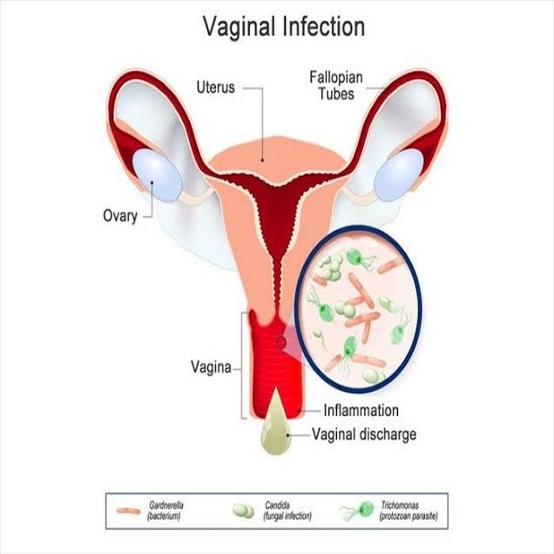Understanding Sexually Transmitted Infections (STIs): Causes, Symptoms, and Prevention
Common Causes of STIs: STIs can be caused by bacteria, viruses, or parasites that are transmitted through sexual activity, including vaginal, anal, and oral sex. Common STIs include:
1. Chlamydia: Caused by the bacterium Chlamydia trachomatis, it is one of the most common bacterial STIs.
2. Gonorrhea: Caused by the bacterium Neisseria gonorrhoeae, gonorrhea can affect the genital tract, rectum, and throat.
3. Syphilis: Caused by the bacterium Treponema pallidum, syphilis progresses in stages and can cause severe complications if untreated.
4. Human Papillomavirus (HPV): A viral infection with various strains, some of which can lead to genital warts or cervical cancer.
5. Herpes Simplex Virus (HSV): Causes genital herpes, resulting in painful sores on or around the genitals.
6. Human Immunodeficiency Virus (HIV): A viral infection that attacks the immune system, leading to acquired immunodeficiency syndrome (AIDS).
Common Symptoms of STIs:
Symptoms of STIs can vary depending on the type of infection and individual health. Common symptoms may include:
1. Genital Discharge: Unusual discharge from the genitals that may be thick, cloudy, or have an unpleasant odor.
2. Pain or Burning Sensation: Pain or a burning sensation during urination or sexual intercourse.
3. Genital Sores or Bumps: Presence of sores, blisters, or warts in the genital area or mouth. 4. Lower Abdominal Pain: Pain or discomfort in the lower abdomen or pelvic region. 5. Flu-like Symptoms: Some STIs, such as HIV, may cause flu-like symptoms like fever, fatigue, and swollen lymph nodes.
Prevention and Safe Practices:
The best approach to prevent STIs is to practice safe sex and adopt the following preventive measures:
1. Condom Use: Consistent and correct condom use during sexual activity can significantly reduce the risk of STI transmission.
2. Mutual Monogamy: Limiting sexual partners and being in a mutually monogamous relationship with an uninfected partner can lower the risk of exposure.
3. Regular Screening: Regular STI testing and screening are essential, especially for sexually active individuals, to detect infections early and seek timely treatment.
4. Vaccination: Vaccines are available to protect against certain STIs, such as HPV, which can prevent cervical cancer and genital warts.
Conclusion:
Sexually Transmitted Infections (STIs) are serious health concerns that can impact reproductive health and overall well-being. Understanding the common causes, recognizing symptoms, and adopting preventive measures are vital steps in minimizing the spread of STIs. Regular STI testing, open communication with sexual partners, and practicing safe sex are essential for maintaining good sexual health. If there is a suspicion of an STI or exposure, seeking medical evaluation and timely treatment can prevent complications and promote better sexual health for everyone involved.














